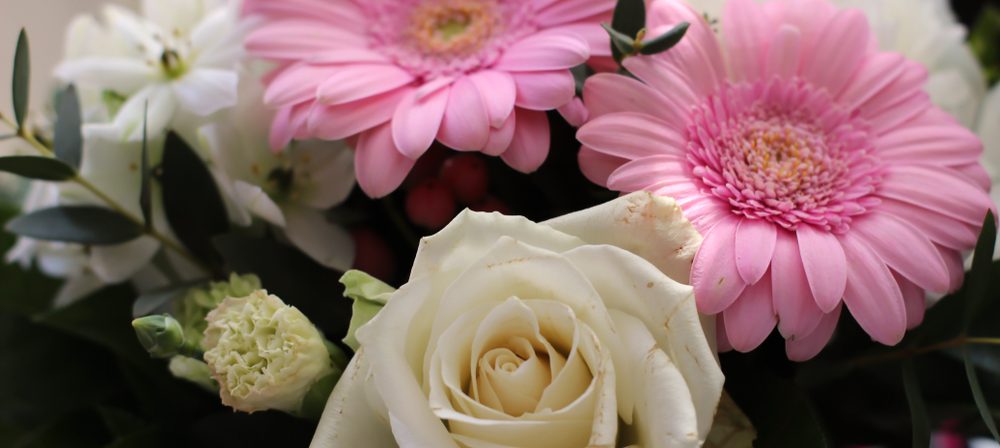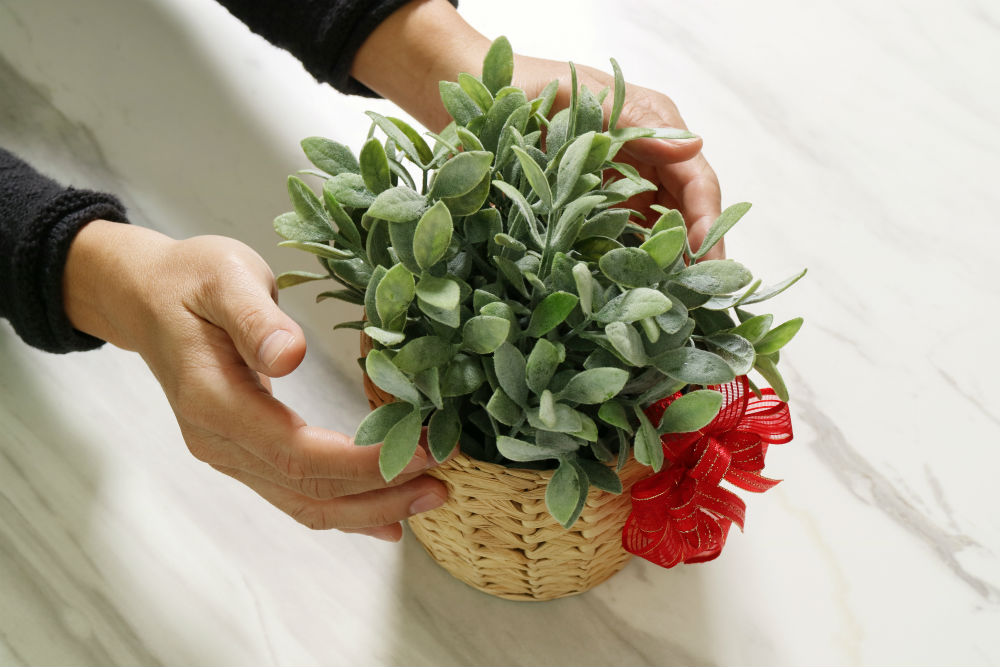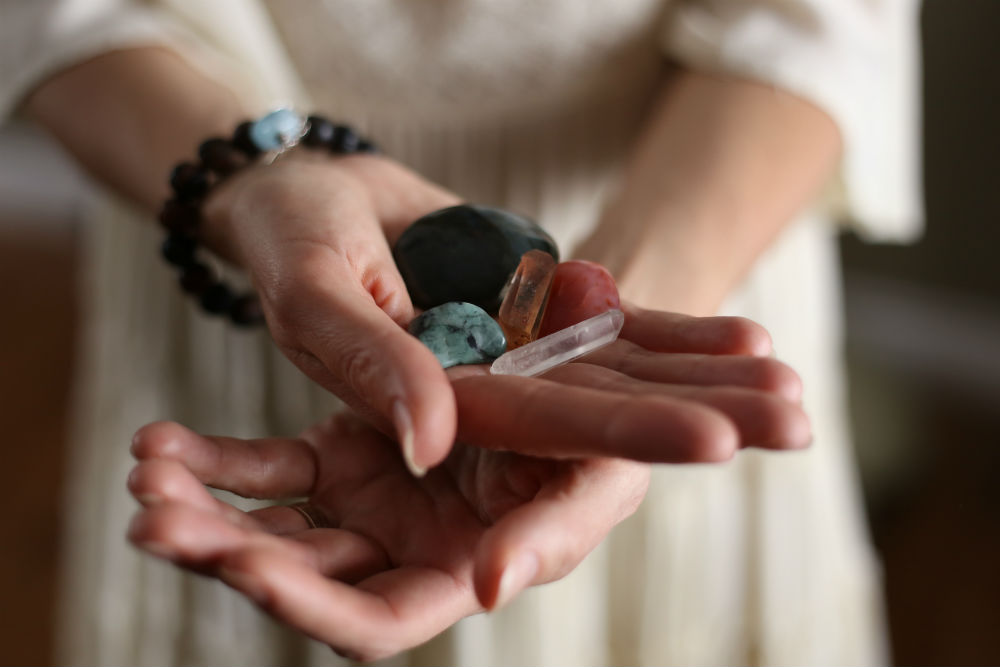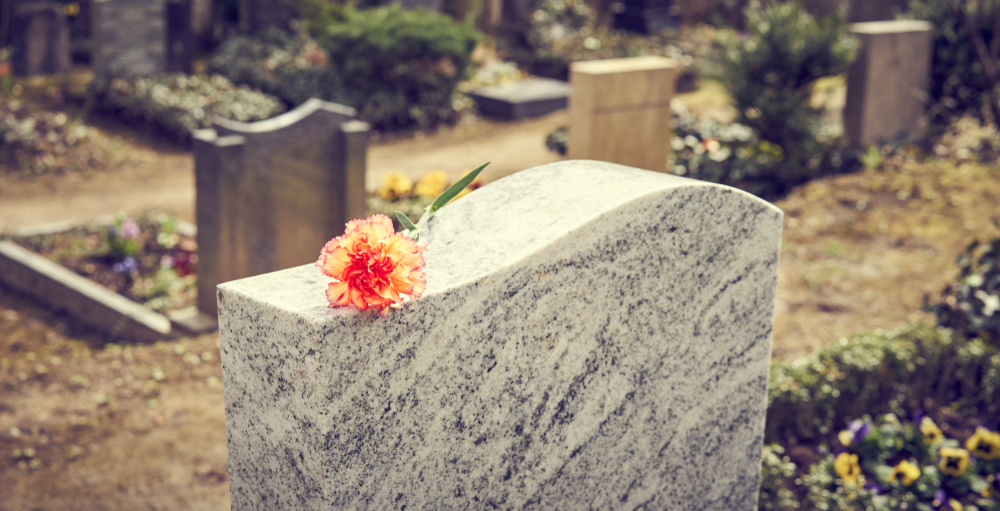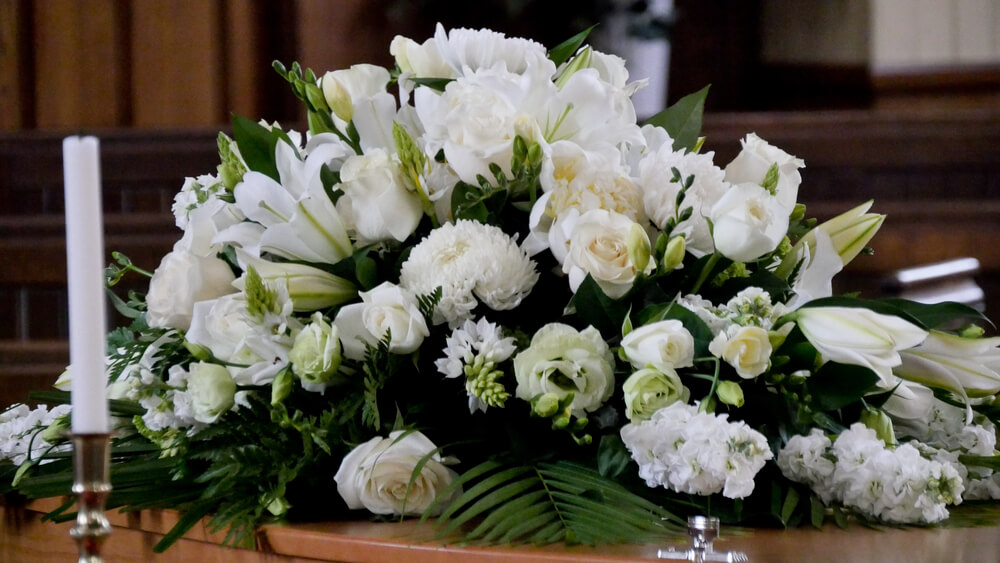Losing Someone You Love: How To Cope With The Loss
Author: Lianna Champ. At some point in your life, unless you die early, a significant loss will occur, and everything you know and love will come crashing down around you.
Nobody gets through life without losing someone they love, something they value or something they thought was meant to be. At that moment everything changes permanently, and there will be nothing you can do but grieve.
Losing someone you love makes time seem to stand still. The past, the present and the future all roll into one, and this can create a concertina of emotions.
We think of all the things that we may have said or wished we had said, the things we had done or wished we had done and also, the things that we wish we hadn’t said or done.
We also think about the plans we had for the future. We see the relationship through a kaleidoscope — the whole relationship in parts, at lightning speed. We are taken out of the present moment, and we cannot prepare for the overwhelming suffocation of pain.
We are ripped out of the present moment and sucked into a vacuum where nothing makes sense anymore.

Grief Can Confuse Us, But It’s Natural
As our brains and bodies react to the situation, we can lose our ability to concentrate. Simple tasks can become difficult, and it can feel as if the pain will be bigger than us.
Grief is a normal and natural reaction to the death of a loved one or the loss of someone or something we value, and how we react and our experiences of grief are unique, just like a fingerprint.
Here’s how you can cope when you lose someone close to you:
1. Realise That Each Grief Experience Is Unique
Even though we may share similar emotions to others, there’s no common order, no stages and no pattern as to how we will experience these emotions. Each grief experience is yours alone.
There are also many factors involved in how we cope: who we are as people, the things we learned as children, where we are at in our lives, and the nature of the relationship we had with the person who has died.
Misconceptions about there being stages to grieving can deny you your right to feel your emotional pain naturally, instinctively and authentically, and can even prevent the healthy expression of your grief — the one that is right for you. It’s an incredibly personal experience.
Therefore, we must allow each other the freedom of self-expression without comparing how we feel. We will each grieve in our way.
2. Listen As You Expect Others To Listen To You

The most helpful thing we can do to help others is just to listen. Don’t jump in with your own experiences, unless it’s the right time.
Comparing our feelings following our own losses can minimise the importance of the other person’s feelings and can drive their pain deep down inside.
We must learn to listen to understand, not to reply. Very often when we are speaking from a place of pain, it sometimes just needs to be a ‘one-way conversation’.
Learn and practice the art of listening. Follow every word being spoken in your head, and this will keep you focused, helping the other person feel heard, that they have released some of their emotional pain and without judgement of right and wrong.
Further Reading: 21 Comforting Quotes On Grief To Help Your Grieving Process
3. Don’t Interrupt When Someone Is Offloading
We are so used to people interrupting when we’re talking that we often miss the wonderful release of getting the words out. They don’t need to make sense or be analysed. It’s just like letting steam out of a pressure cooker; let it go. The interruption may break the thread of feeling and drive the emotion deep down inside.
Listening is one of the most important things that you can do to help anyone who is struggling following the loss of someone they love. We are so used to people planning what they are going to say to us instead of listening to what we are saying to them.
What a waste of time these sorts of conversations are. If we feel heard and there is no return comment of comparison or judgement, we feel that we have made a really important communication which helps clear some of the pain within.
Become a great listener — it will change your life and make you very popular.
4. Think About Your Children
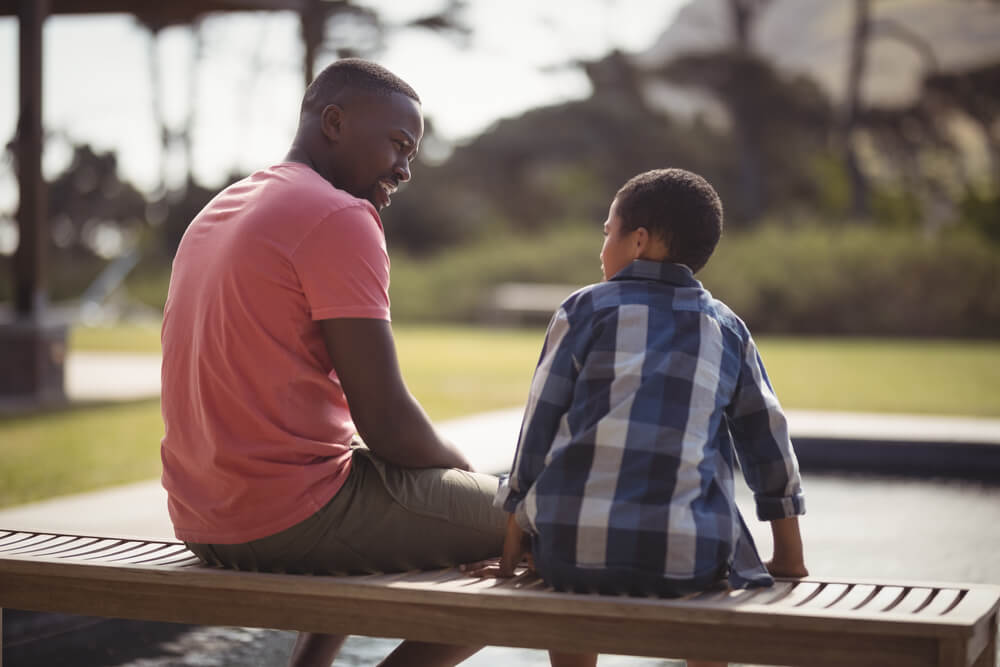
Grief can manifest physically in both children and adults. Children may become clingy, begin wetting the bed or want to sleep with the light on. We must remember that young children do not always have the vocabulary to express their pain. They are just trying to find an anchor in this new chaos in their lives.
Explain to them in honest and simple words that whatever they are experiencing is right for them. Don’t ever let them feel that their reaction is abnormal.
Teenage children are also dealing with hormones and greater academic demands and can find themselves in a place where needs conflict with independence.
Answer the questions of children of all ages with honesty. Children learn their coping mechanisms from the adults around them.
They may not always hear what the adults are saying to them, but they will always watch what they do and see their reactions.
By sharing open and honest expressions of our pain when we experience the death of a loved one, we can teach our children that it is ok to show a true and natural expression of their feelings of sadness. Make them feel confident that we will accept their actions, their words and their tears, verbalising emotional pain is a powerful release.
5. Don’t Put Grief Off
Grief doesn’t have an expiry date, nor does it ever fully go away. It’s an unknown entity, an emotional handicap we live with each day, but that doesn’t mean we can’t go on and live a happy life again.
Even though nothing can feel further from the truth at the time of, and following our losses, we may feel that all the light has been sucked out of everything, and we will never feel happiness again.
When we lose someone we love, we have to give our grief attention, and we have to allow ourselves to feel the pain. It really doesn’t matter what others think. This is about you not them. Let the pain out – in words, in tears.
6. Take A Step Back & Take Care Of Yourself

Take extra special care of yourself. Just as you would dress a wound, the heart also needs tending. If we look to the animals in the wild when they are hurt, they withdraw into their den to lick their wounds.
It’s the same for us – we need to step back and tend to the pain we are feeling. To slow right down and reconnect with what is going on deep down inside. There is much inner learning to be found in silence.
Allow yourself to weep if this is what you want to do. Never try to suppress tears as this will just drive the emotional pain deeper inside. We may feel wretched when we cry, but there is a sense of release and relief after we have cried. Tears are a chemical reaction and wash and soothe our pain.
Don’t pretend you are ok when you are not
7. Recognise Negative Coping Mechanisms
Be wary of short-term relievers such as alcohol, smoking, junk food etc. Many people find positive and constructive ways to reconcile their grief.

Some of us get stuck, unsure of whether we are coping or whether what we are doing is right or wrong, as we fumble for things to cling on to get through yet another day.
We may not even be consciously aware of what will serve our needs in the long term. So it’s valuable for our recovery to recognise if we have created negative coping mechanisms to block out or reduce our painful feelings.
If you are using negative coping mechanisms following the loss of someone you love, some of these may include:
- Drinking more alcohol than usual
- Smoking a lot more or starting after having given up
- Isolating yourself from family and friends
- Shopping too often for things you don’t need
- Distracting yourself from thinking about how you’re feeling
Further Reading: How to Brighten Up Your Day With TV, Films & Music
8. Don’t Expect Too Much Of Yourself
There’s no calendar date for getting to that place where you’ve reconciled your loss. Accept that what you’re feeling is right for you. Be kind to yourself, and don’t expect too much from yourself or those around you. You are not a robot.
Working through grief takes time, so focus on the process, the journey rather than the destination.
As emotional beings, we never stay in the same state and are constantly fluctuating. We have moments where we come up for air.
There’ll be times when you get caught up in the act of living and let go of the memory. Then you will remember again, and you will return to grieving. This is normal. This is living with loss. The intensity will ebb and flow, and you will shift and change along the way.
9. Don’t Let Guilt Hold You In A Place Of Pain
It’s always important to learn the difference between guilt and regret. We always want to protect the ones we love, and when we can’t, we can find ourselves continually taking the blame and drowning ourselves with guilt.
It’s vital that we understand the difference between guilt and regret because guilt holds you in a place of pain.
Guilt follows deliberate wrongdoing – an action or words that we know was not the right thing to do or say at that particular time. Regret is a wish that something could have been done or said in a better way than it had been, had we known what was going to happen.
We see the action or words in a different light – If we had known the outcome, we would have acted differently – instead, we acted in innocence. Let go of any misplaced guilt which just holds you in a place of permanent mourning.
When you have arrived at that place where you have given yourself permission to move forward, you will feel a tiny flicker in your heart, and things will start to feel just a tiny bit lighter, things will start to look a tiny bit brighter and it all won’t feel so hard.
There’s no timescale to this. For me, it took me some years to get to that place following the loss of my Mum. I never thought I would feel ‘normal’ again. I kept replaying all those things I wanted to change over and over again. Then I realised I couldn’t, I could only communicate it to my mum in my heart, which I did – a lot.
10. Find Something That Makes You Feel Close To The Person Who Has Died
I often went to my mum for her pearls of wisdom – she had a wonderful way of looking at the world and had a phrase for everything. After I lost my Mum, a friend suggested I write down her sayings in a book.

I bought a lovely plain page notebook decorated with lovely hearts on the cover, and I wrote one of her sayings on each page. I still find myself adding her phrases to the book seven years after her death. I love that book.
You could do something similar to create a memory book. Perhaps ask family and friends to write down their favourite memories of the person who has died, sprinkled with phrases they used to say. It’s such a healing feeling to find something that soothes the pain of loss.
Losing Someone You Love: How To Cope With The Loss – If you want to take steps to help ease your physical symptoms of grief, please contact lianna@champfunerals.com or read more information about grief support.






